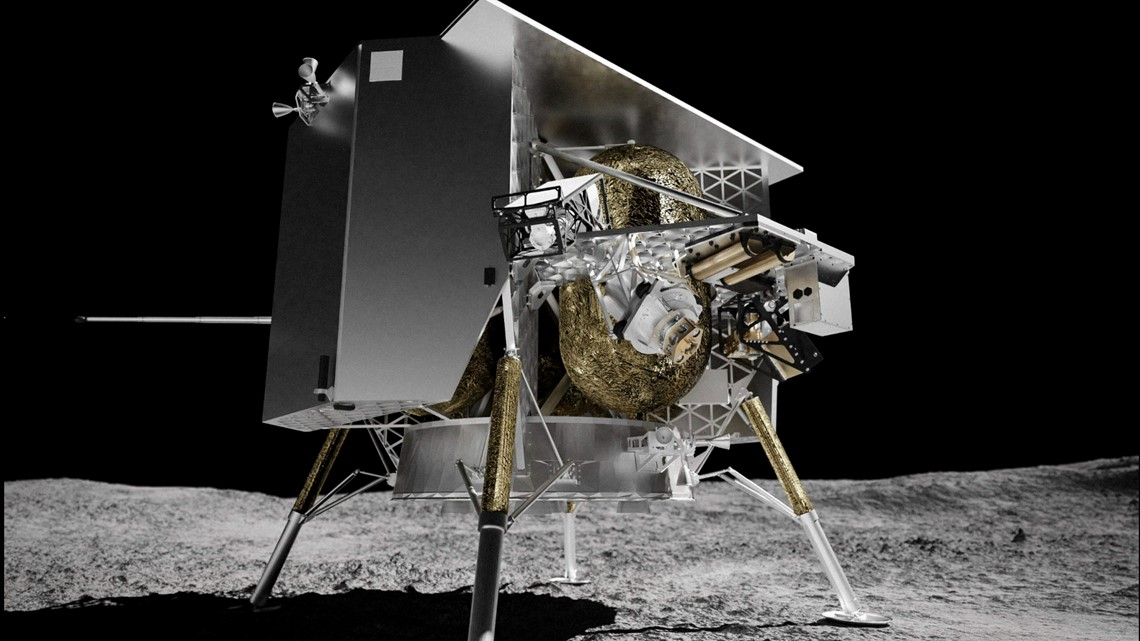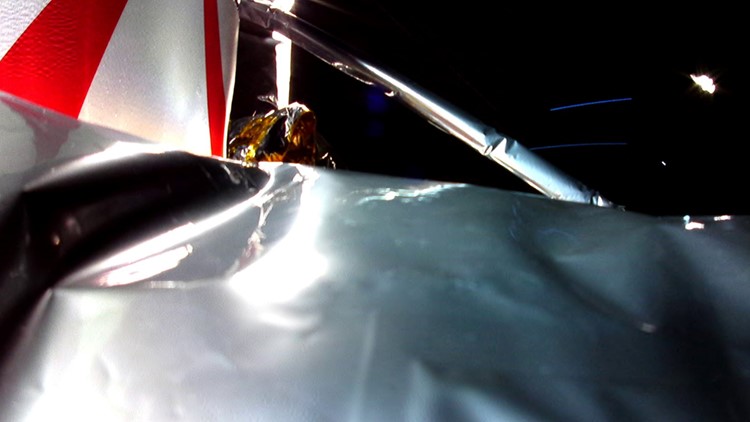CAPE CANAVERAL, Fla. — A crippling fuel leak forced a U.S. company on Tuesday to give up on landing a spacecraft on the moon.
Astrobotic Technology’s lander began losing fuel soon after Monday’s launch. The spacecraft also encountered problems keeping its solar panel pointed towards the sun and generating solar power.
“Given the propellant leak, there is, unfortunately, no chance of a soft landing on the moon,” Astrobotic said in a statement.
Astrobotic had been targeting a lunar landing on Feb. 23, following a roundabout, fuel-efficient flight to the moon. It could have been the first U.S. moon landing in more than 50 years, and the first by a private company. A second lander from a Houston company is due to launch next month.
Only four countries have pulled off a successful moon landing.
The company said the new goal was to keep the lander operating as long as possible in space, in order to learn as much as possible for its next mission a year or so from now. Flight controllers managed to keep the spacecraft pointed toward the sun and its battery fully charged, with another 40 hours of operations anticipated.


The Pittsburgh-based company did not elaborate on why the Peregrine lander's propellant system failed just hours into the flight.
NASA paid Astrobotic $108 million to fly its experiments to the moon on this mission, part of the agency’s commercial lunar program.
The space agency announced Tuesday that astronauts will have to wait until next year before flying to the moon and another few years before landing on it.
The space agency had planned to send four astronauts around the moon late this year but pushed the flight to September 2025 because of technical issues. The first human moon landing in more than 50 years also got bumped, from 2025 to 2026.
NASA is relying heavily on private companies for its Artemis moon-landing program for astronauts, named after the mythological twin sister of Apollo.



